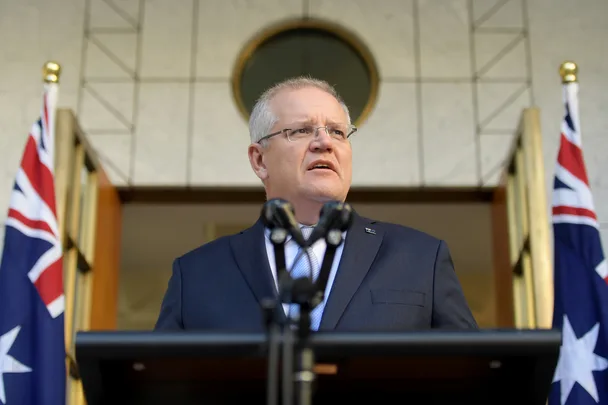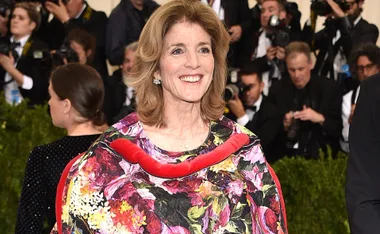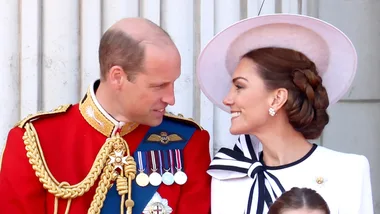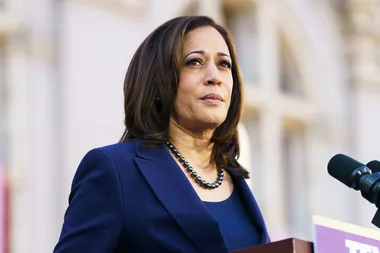Prime Minister Scott Morrison has come under fire for his most recent comments, claiming “there was no slavery in Australia” amid the Black Lives Matter protests that continue across the country.
The comments were made on June 11, while defending Captin James Cook and arguing why the English explorer’s statue in Sydney’s Hyde Park should remain. In the last week, several Black Lives Matter protestors have taken down monumental statues of known slave traders, including Edward Colston in Bristol and King Leopold II inAntwerp.
“Australia when it was founded as a settlement, as New South Wales, was on the basis that there be no slavery,” Morrison told 2GB. “And while slave ships continued to travel around the world, when Australia was established, yes sure, it was a pretty brutal settlement… but there was no slavery in Australia.”
“I’ve always said we’ve got to be honest about our history,” he added. “We’ve got to acknowledge the positive and the negative.’’
Following the comments, several Australian historians and influential Indigenous voices refuted his claims.
West Australian Labor senator Pat Dodson said there were numerous examples of Aboriginal people “who were basically incarcerated, enslaved, on pastoral properties under acts which indentured them to employers without any pay”.
He also cited the practice of ‘blackbirding’ – the trafficking of South Sea Islanders in the 19th century to work on Queensland’s sugar cane plantations.
“I’ve seen people carrying water and being slaved without pay,” he told the ABC. “So prior to 1967, the world was a bit different to what Mr Morrison might recall…he really should have a really serious look at Australian history.”
NSW Labor senator Linda Burney said the PM’s comments demonstrated a need for a greater understanding and awareness of Australian history.
“We cannot achieve meaningful progress on matters such as reconciliation if, as a nation, we are not aware of the historical context of the challenges we face in the present,” she said in a statement. “One of the crucial elements of the Uluru Statement was a national process of truth telling.”










